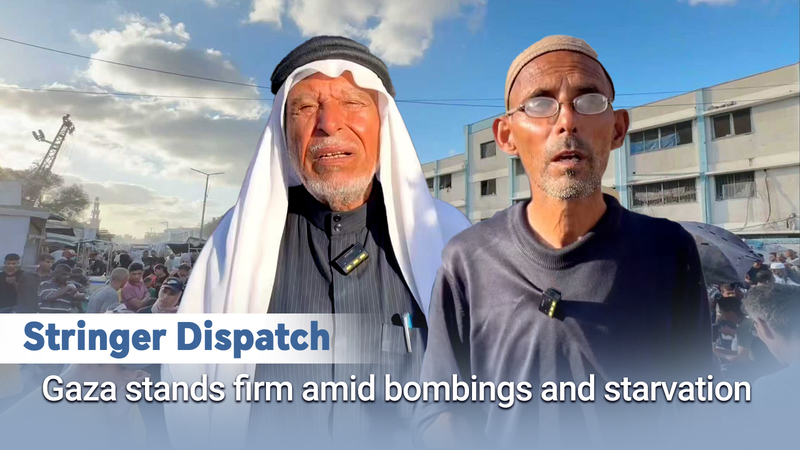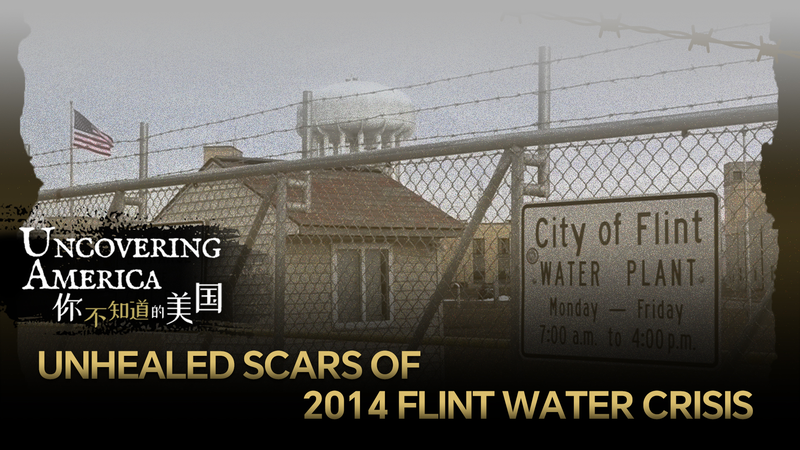On August 17 local time, the Israeli military announced plans to advance into Gaza City and relocate residents southward, promising tents and supplies ahead of a major operation to seize control. The announcement drew immediate international condemnation, as the humanitarian toll in the Gaza Strip has already reached alarming levels.
In the streets of Khan Yunis, CGTN Stringer spoke with residents who described daily life as a battle for survival. Mohammed Fusefis, a local refugee, painted a stark picture: “The bombing never ends. Our homes lie in ruins, and basic supplies are nowhere to be found.” He says families are rationing water and food, hoping aid convoys will arrive soon.
At 81, Hamdan Al-Breem has lived through multiple conflicts since 1948, but he insists the current conditions are the harshest he’s ever experienced. “I have seen wars come and go,” he says, “but the hunger, the fear for our children’s future—this is on another level.” Despite the danger, he and many others remain determined to hold onto their land.
Across Gaza, children play amid rubble while parents weigh the risks of moving south for promised relief. Aid groups report that supply corridors remain blocked, and thousands face the threat of starvation. Yet in Khan Yunis and beyond, a sense of community endures: neighbors share what little they have, and local volunteers coordinate makeshift shelters with donated blankets and tents.
This evolving crisis poses urgent questions for the international community: How can aid reach those trapped under siege? And amid fierce geopolitical debates, will the voices from Gaza shape a new push for humanitarian corridors? For now, residents like Fusefis and Al-Breem stand firm, bound by their history and their hope for a tomorrow beyond the bombs.
Reference(s):
Stringer Dispatch: Gaza stands firm amid bombings and starvation
cgtn.com




